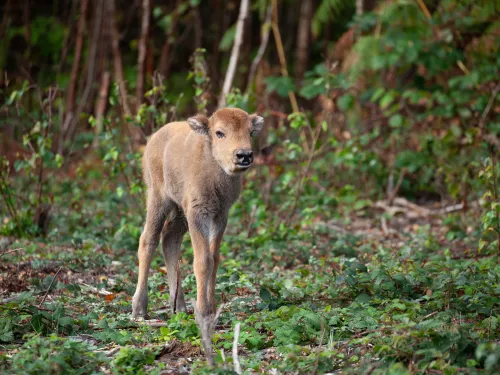
Wildlife recovery to be prioritised
The UK is home to species found nowhere else on Earth. But immense pressure from decades of pollution and habitat loss has driven wildlife into catastrophic decline.
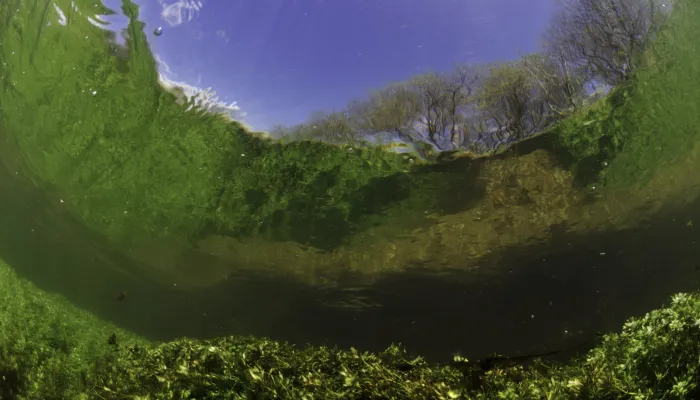
The state of our rivers is a national disgrace. The UK is ranked as one of the worst countries in Europe for water quality, with pollution beyond legal limits caused by a toxic cocktail of sewage and agricultural pollution. Currently, 40% of waters fail quality targets due to pollution from agriculture and land management and in 2022 alone, raw sewage was discharged into waterways over 300,000 times.
Kent Wildlife Trust were the first to reintroduce beavers to our landscape over 20 years ago at Ham Fen Nature Reserve, Today they serve as a beacon of hope to help us rewet our landscape and provide a vital habitat for smaller species such as the water vole. Our rivers are no longer suitable homes for wildlife, they are not fit for people to swim in, and thanks to climate change and growing demand, we are seeing water availability decrease before our eyes. This is a crisis – and one which the public wants to see urgently resolved.
But pollution doesn't just end at our waterways, our roads and urban areas are increasingly becoming toxic to the health of the communities that live there. The UK Air Resource says Kent is the worst spot in Britain for air pollution. As areas like Dartford and Gravesham continue to be built on without any provisions made for eco-friendly transportation, we will continue to see a rise in health related issues in people and wildlife.
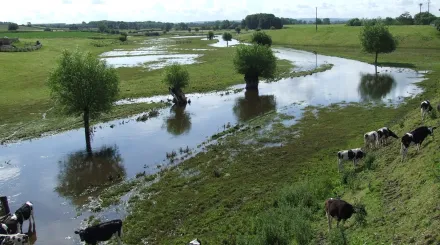
Staffordshire Wildlife Trust
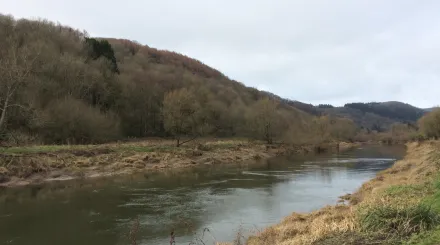
River © Alicia Leow-Dyke
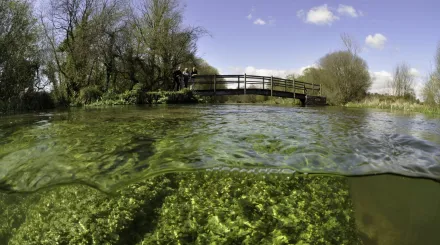
Linda Pitkin/2020VISION
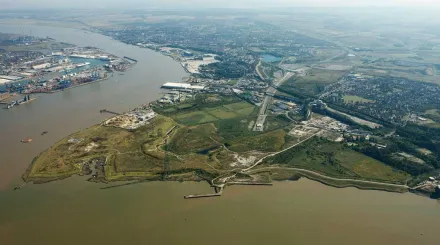
Photo from: londonresort.info

The UK is home to species found nowhere else on Earth. But immense pressure from decades of pollution and habitat loss has driven wildlife into catastrophic decline.
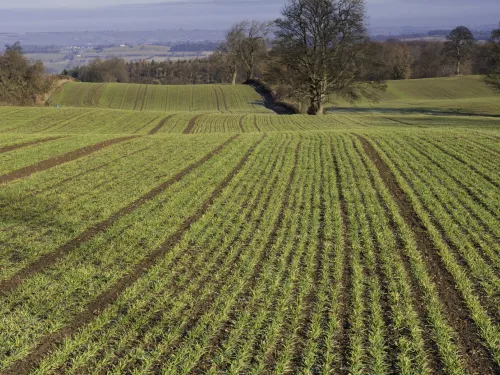
By supporting farmers to shift towards regenerative, nature-friendly methods, farming has huge potential to deliver a green rural renewal. With management of over 70% of UK land, farmers can be a significant part of the solution.
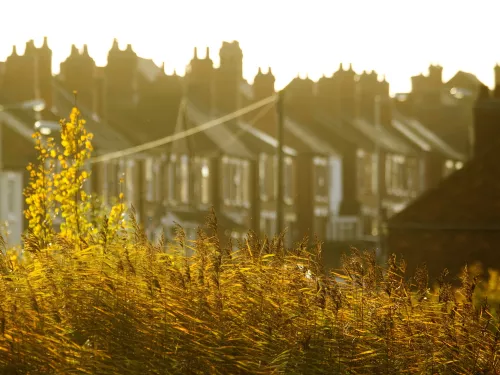
Kent Wildlife Trust strongly believe that the next UK Government must solve the housing crisis and provide people with the homes they need. However, these homes should be built in the right places, in the right way.